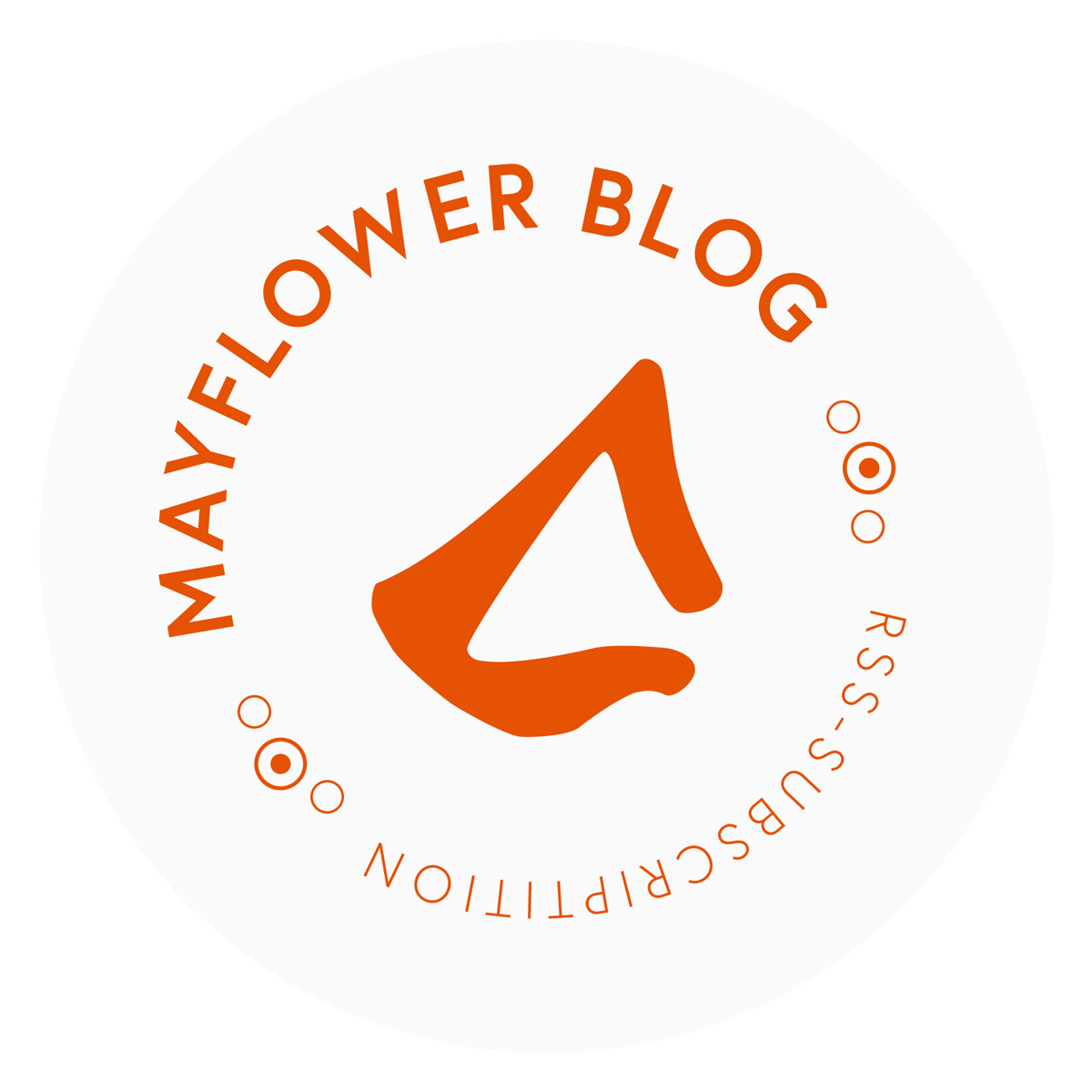The New York Times posted an article called „Decision on Oracle a Test for Kroes“ where they cite me with a suggestion what should be done when allowing the merger – splitting off MySQL from Sun/Oracle.
I had some tweets about the situation and briefly chatted with Florian Müller whom everybody should know from 2004’s anti software patent EU campaign and who is acting as a formal advisor in the current EU observation regarding the deal. I believe in Open Source being „free as in freedom“. In the last months I haven’t heard anything from Oracle itself regarding its future plans for MySQL. And when I read this article („Oracle plans aggressive fight […]“) from PC World magazine I’m not sure if it would be quite a good thing that Oracle will own MySQL in the future. Does Oracle have experience in growing and maintaining an Open Source community accepting the dual-license nature of the software, and will it invest into MySQL?
By splitting off MySQL (i.e. selling it to another business) it has to be assured that there’s a company behind MySQL that thrives the further adoption of MySQL especially in the Enterprise Business. That’s why in the past decade MySQL grew from a small database to a great database server which suits a lot of enterprise needs for the web. I don’t want that industry fall back – the future is the web and the database for the web is MySQL.
I’m pretty sure that EU commisioner Kroes will do the right decision by end of January 2010.

Schreibe einen Kommentar